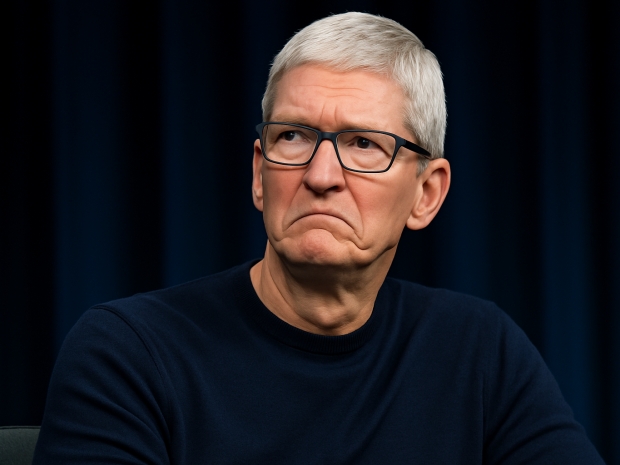The Competition Appeal Tribunal ruled that Job’s Mob had abused its dominant position by pocketing “excessive and unfair” commissions of up to 30 per cent on every app sale and in-app purchase. The decision means as many as 36 million UK consumers could be in line for compensation. Apple, naturally, plans to appeal.
The tribunal was unambiguous, declaring that the Cupertino cult enjoys “near absolute market power” when it comes to distributing iOS apps and handling payments. If you want to sell software to iPhone users, you have to pay the temple tax.
Apple bleated that the ruling took a “flawed view” of the market, insisting that iPhones face “vigorous competition”. It then trotted out the same tired line about the App Store being a “safe, trusted place to discover apps and securely make payments”, which is code for “we’re taking our cut, and you can’t stop us”.
The decision is yet another punch to the ribs for Job’s Mob, whose so-called “services” arm has become a money-printing machine. The outfit is on track to rake in more than $100 billion this year just from subscriptions, app fees and other digital tithes extracted from its worshippers.
The timing could not be worse for Cupertino’s clergy. The ruling comes barely a day after the UK’s competition watchdog announced new rules to rein in how Apple and Google run their mobile ecosystems under Britain’s updated digital competition law.
Across the pond, the US Department of Justice is already sharpening its knives, accusing the iPhone maker of running a smartphone monopoly. Meanwhile, in Europe, Brussels has forced Job’s Mob to crack open its walled garden under the Digital Markets Act, a move Apple has resisted with the kind of enthusiasm usually reserved for tax transparency.
Rachael Kent, a King’s College London lecturer and class representative for the claimants, said: “Every in-app purchase, subscription and paid download was inflated by Apple’s anti-competitive practices.”
“This is a landmark victory, not only for App Store users but for anyone who has ever felt powerless against a global tech giant,” she added.
Apple’s chief financial officer Kevan Parekh was dragged before the tribunal earlier this year to defend the company’s conduct, but the judges were having none of it. In a 396-page judgment, the tribunal said details on damages would be worked out at another hearing next month.
The case marks the first time a Big Tech titan has been properly hauled before the UK’s Competition Appeal Tribunal and told that its “we know best” routine doesn’t wash.

